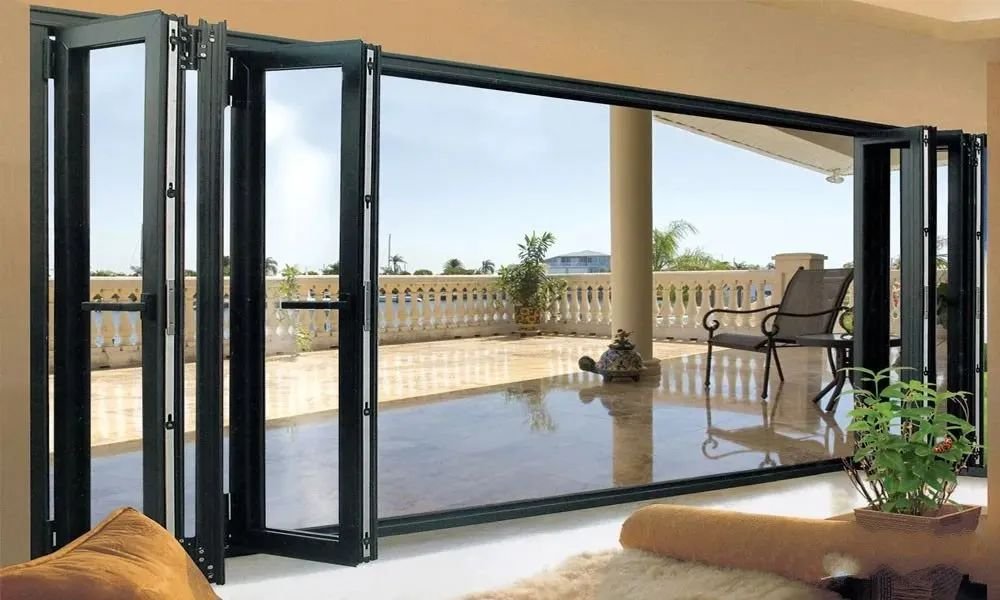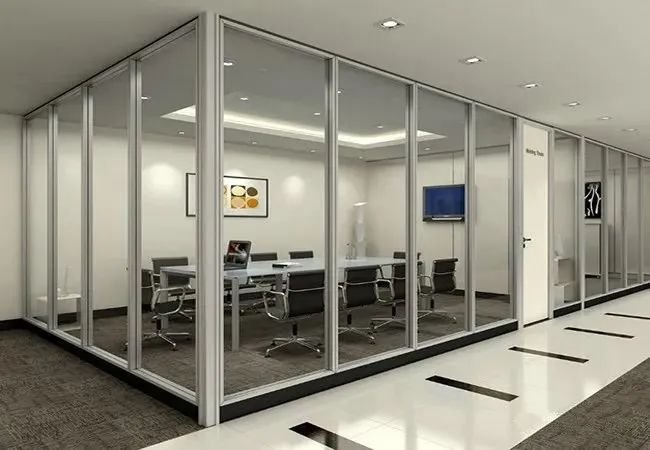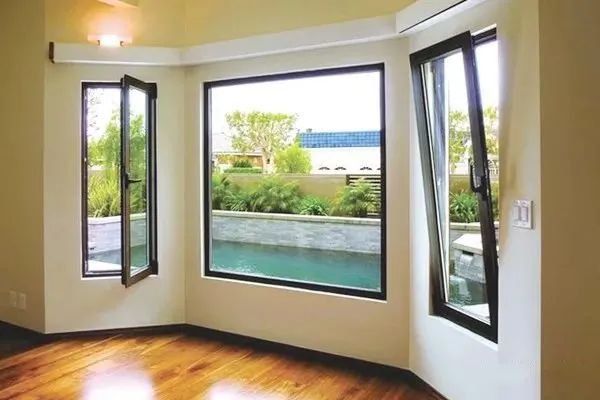Studies have shown that human hearing can accept a maximum volume of 30 decibels. When the continuous indoor noise pollution exceeds 30 decibels, normal sleep will be disturbed, and living continuously in a noise environment of 70 decibels or more, human hearing as well as physical health will be affected.
In order to improve the noise problem, many people have installed soundproof glass in their homes, but a small number of people have doubts about soundproof glass, whether it will really be effective. Let's learn a few things about acoustic glass today.

What is acoustic glass?
Soundproof glass is a glass product that plays a certain role in shielding sound, it is usually a double or multi-layer composite structure of laminated glass, the middle of the sound damping rubber (film) to play a key role in the weakening and attenuation of sound transmission.

Is Soundproof glass effective?
Sound insulation effect of insulating glass
Insulating sound insulation glass, mainly consists of two layers of glass, it is surrounded by a high strength, high gas-tight composite adhesive to seal the glass and sealing strips and glass strips, there is a 6-9mm air layer between the two layers of glass to be filled with dry gas, and the border should be filled with desiccant so as to ensure the dryness of the air in the glass piece. Such hollow sound insulation glass has good sound insulation effect for high-frequency noise, such as: the sound of talking, the sound of school trombone, etc., but it has poor sound insulation effect for low-frequency noise such as traffic, such as the sound of trains, airplanes, engines, etc.
Sound insulation effect of vacuum soundproof glass
Vacuum acoustic glass is mainly composed of two layers of flat glass with a thickness of about 4mm, leaving a space of about 0.28mm between the two layers of flat glass for vacuuming. Compared to insulating glass, vacuum acoustic glass has better acoustic performance. This is due to the fact that the interior of vacuum acoustic glass is almost vacuum, and sound cannot travel in a vacuum. But after the air is extracted, the two flat glass pieces of vacuum glass are almost connected together, so when producing vacuum glass, manufacturers will fill some tiny substances between the glass for support, and these supports will also become the medium for sound transmission. So vacuum acoustic glass also cannot completely isolate the noise, but can only reduce it to some extent. Generally, vacuum acoustic glass is used in laboratories, recording studios and other places.

Soundproof glass maintenance method
1、After the installation of soundproof windows and doors, the protective film should be removed from the surface of the profile in time and scrubbed clean; otherwise, the protective film backing will be heavily residual on the profile and difficult to clean.
2、Close the casement sound insulation window sash in time when the wind is blowing.
3、No heavy objects should be hung on the handles of casement windows.
4、The casement upper-hung window is opened differently by changing the direction of the switch handle, so you should understand how to operate it to avoid damage.
5、When the sliding sound insulation window is in use, the sliding track should be cleaned frequently to keep it clean, so that no hard particle material exists on the track surface and in the groove.
6、Plastic steel sound insulation doors and windows have a drainage system in the window frame and sash to ensure the airtight performance and watertight performance of the sound insulation doors and windows, so that users should not block the drainage holes of the sound insulation doors and windows in the process of use, so as not to cause the drainage performance of the doors and windows to drop.